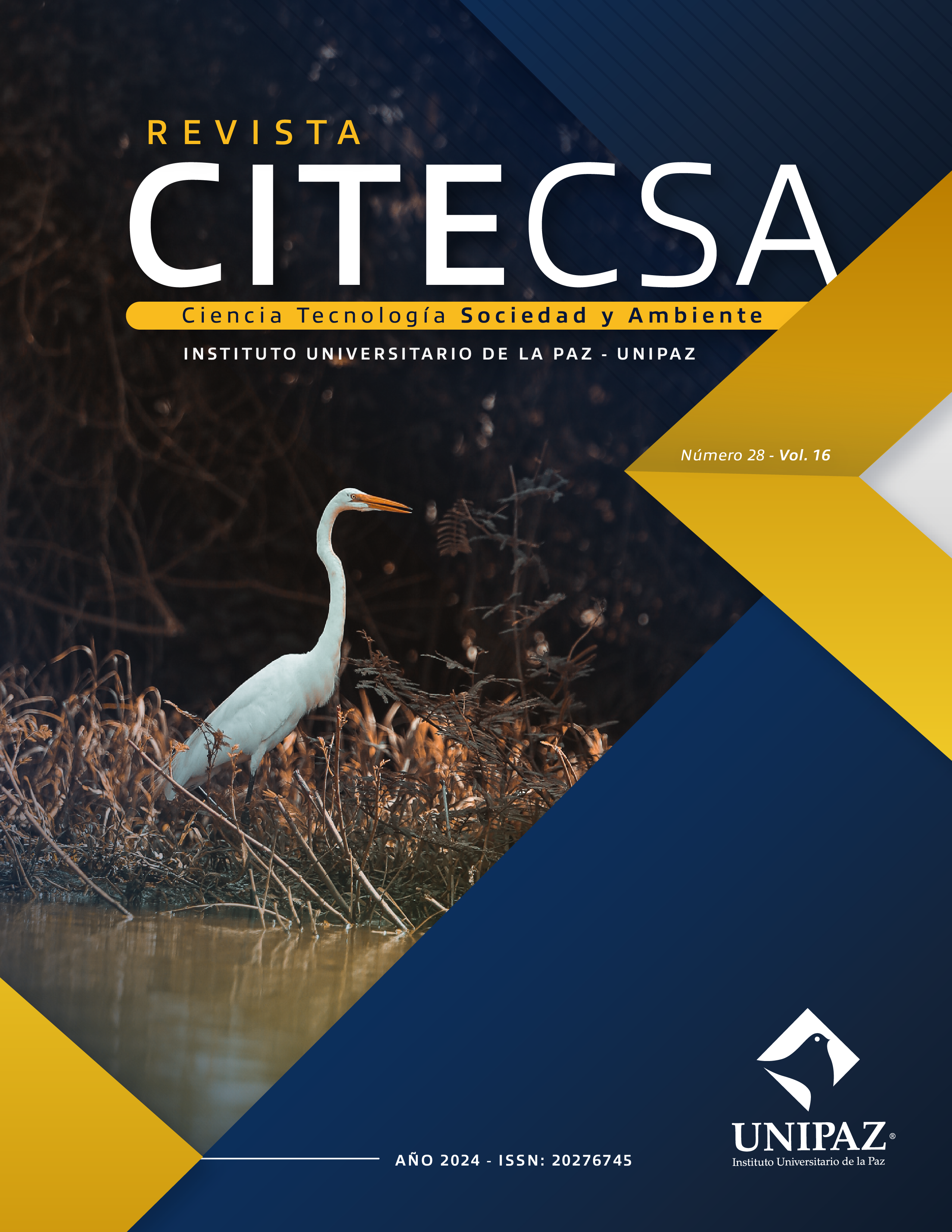Theoretical analysis of the implementation of the Just in Time-Kanban methodology in the supply chain: process optimization and business efficiency
Keywords:
supply chain, optimization, kanban, processes.Abstract
This article focuses on theoretically analyzing how the implementation of Just in Time (JIT) and Kanban methodologies can help optimize the supply chain, improving both internal processes and the overall efficiency of companies. Through a review of the literature, the benefits are highlighted, such as the reduction of inventories, a better response to demand and the reduction of operating costs. It also discusses the challenges that many organizations face in adopting these methodologies, such as the need to make cultural adjustments and overcome resistance to change. The study is based on the compilation of scientific articles through databases such as Scopus and bibliometric verification and analysis through VOSviewer, which made it possible to identify studies where these methodologies have improved efficiency in sectors such as the automotive industry and pharmaceutical logistics. Likewise, it is evident that JIT and Kanban can better synchronize production with demand, optimize resources and eliminate bottlenecks. However, its success depends on a correct adaptation to the particularities of each company or sector.
References
Abiden, A., & Binti, F. (2020). Improving the performance of a Malaysian pharmaceutical warehouse supply chain by integrating value stream mapping and discrete event simulation. Esmeral Insight, 33.
Bagni, G., Gordihno, M., & Stevenson, T. A. (2020). Systematic review and discussion of production systems that emerged between 1999 and 2018. Taylor & Francis Group, 16.
Braga, W., Naves, F., & Gomes, J. (2019). Optimization of kanban systems using robust parameter design: A case study. The International Journal of Advanced Manufacturing Technology, 10.
Fuentes, O., & Gaviño, G. (2021). Modelo de optimización del área de recibo del CEDIS de Productos Terminados S.A. de C.V. basado en la metodología Kanban. Investigación Operacional, 19.
Fullerton, R., McWatters, C., & Fawson, C. (2002). An examination of the relationships between JIT and financial performance. Journal of Operations Management, 22.
Gomez, E., et al. (2014). Literature review methodology for scientific and information management, through its structuring and systematization. Bogotá: Universidad Nacional de Colombia-UNAL.
Hasani, A., & Hessameddin, S. (2018). Vehicle routing problem in a kanban-controlled supply chain system considering cross-docking strategy. Springer Nature, 29.
Hofmann, E., & Rüsch, M. (2017). Industry 4.0 and the current status as well as future prospects on logistics. Elsevier, 12.
Lucena, C. F., Reyes, A. M., & Villena, F. (2023). Disruptive method for managing BIM design and construction using Kanban. Organization, Technology and Management in Construction, 12.
Mihail, A., & Predescu, B. A. (2022). Contributions to the modeling of manufacturing processes for the implementation of the Kanban methodology in the automotive industry. International Journal of Mechatronics and Applied Mechanics, 6.
Nhut, T., Tran, T., Phan, H., & Wang, C.-N. (2023). Improving inventory time in production line through value stream mapping: A case study. Journal of Engineering Science and Technology Review, 11.
Pekarcikova, M., T. P., Kliment, M., & Michal, D. (2021). Solution of bottlenecks in the logistics flow by applying the Kanban module in the Tecnomatix Plant Simulation Software. MDPI, 21.
Sameer, M., Alwan, M., & Hazim, M. (2023). Application of Kanban cards and the value stream map (VSM) to rationalize inventory costs and to improve the company’s performance and oversight applied research in electrical cables factory/UR State Company for Electrical Industries. International Journal of Professional Business Review, 29.
Senapathi, M., & Drury-Grogan, M. L. (2020). Systems thinking approach to implementing Kanban: A case study. Software Evolution and Process, 16.
Thürer, M., Fernandes, N., & Stevenson, M. (2020). Production planning and control in multi-stage assembly systems: An assessment of Kanban, MRP, OPT (DBR), and DDMRP by simulation. International Journal of Production Research, 16.
Weflen, E., Mackenzie, C., & Rivero, I. (2022). An influence diagram approach to automating lead time estimation in Agile Kanban project management. Expert Systems with Applications, 12.
Yanxin, W., Tingli, W., Yueyue, Z., & Minfang, H. (2023). A pull order fulfillment method combining JIT with group technology for online supermarket. International Journal of Innovative Computing, Information and Control, 10.
Downloads
Published
How to Cite
Issue
Section
License
Copyright (c) 2024 CITECSA

This work is licensed under a Creative Commons Attribution-NonCommercial-ShareAlike 3.0 Unported License.

Este obra está bajo una licencia de Creative Commons Reconocimiento-NoComercial-CompartirIgual 3.0 Unported.

